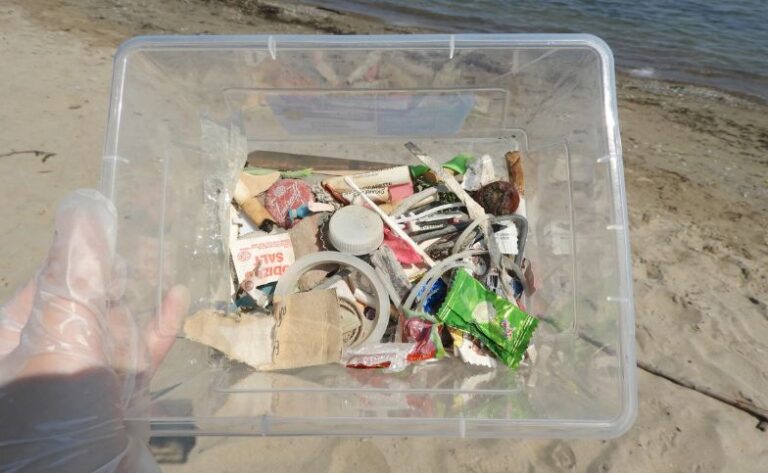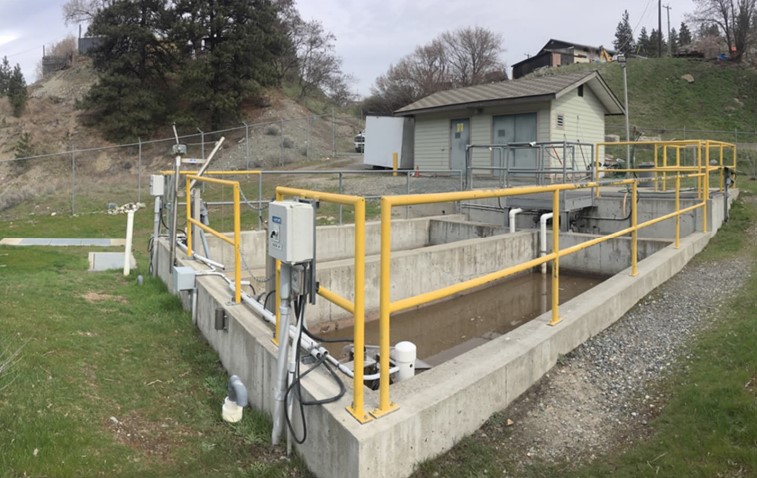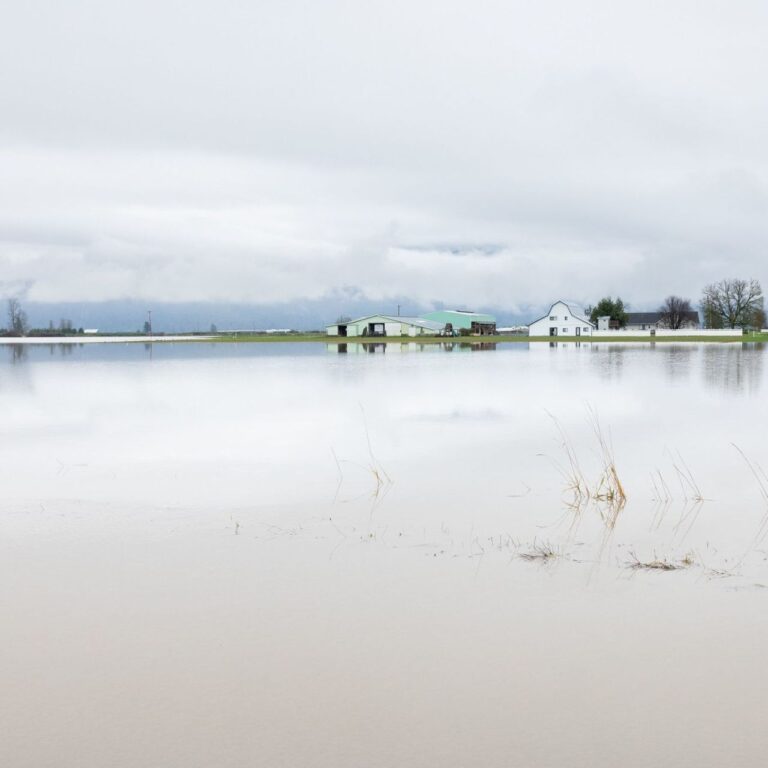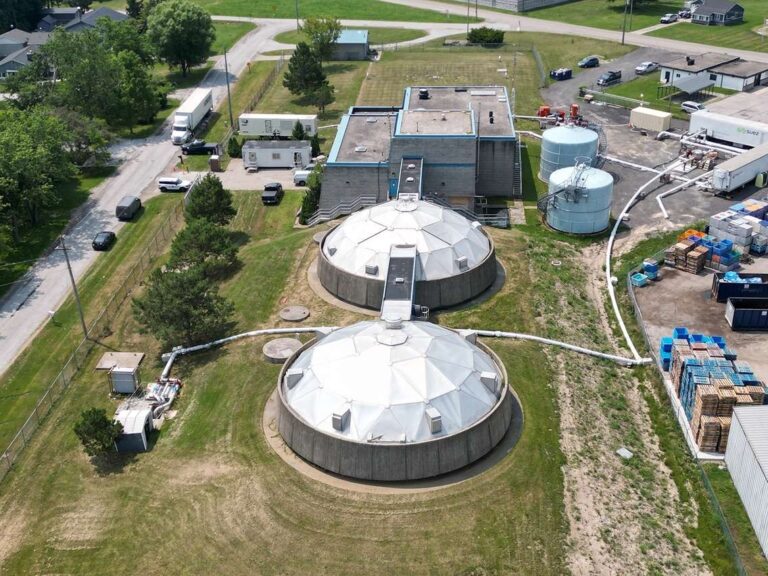Yesterday, World Water Week began with events and programing in Stockholm, Sweden, led by the Stockholm International Water Institute (SIWI).
“World Water Week is a key meeting place for the water and development community; it is here that we come together and make sure that the very best ideas are brought forward,” said SIWI’s executive director, Torgny Holmgren.
The President of the United Nations General Assembly, Peter Thomson, called the world’s climate and water resources the “fundament of our existence,” and he said that “without proper stewardship of that fundament the 2030 sustainable development agenda obviously goes nowhere. Because without the fundament, we can’t exist.”
Earlier this month, Bob Sandford, EPCOR chair for Water and Climate Security at the United Nations University Institute for Water, Environment, and Health, wrote about the urgency of meeting our sustainable development goals in water and how Canada can be a leader on the global water stage.
Astronaut and Member of Sweden’s Royal Academy of Science, Christer Fuglesang described the intricate water reuse systems that are necessary during space missions, enabling food to be grown on board and ensuring a drinking water supply— both helping to inform research and optimize methods for increased water use efficiency on earth.
“The Week’s theme, Water and waste: Reduce and reuse, touches the very core of our daily lives. To reduce, some drastic changes will be necessary – especially by the main water users, including industries, energy producers and the agriculture sector,” said Holmgren.
He added that changes are also needed in how we think about reuse of water: “I think that it is very important to try and change the mind-set around waste. Rather than presenting us with a problem, we can view waste as an asset.”
Stephen McCaffrey, 2017 Stockholm Water Prize Laureate and a Professor in water law, spoke of the need for water cooperation and water diplomacy. He told participants that although the ingredients for potential water conflicts exist, such as higher population pressure, climate change, and much of the world’s fresh water being shared by two or more countries, studies show that water sharing is much more likely to lead to cooperation than conflict.
Information about World Water Week and Stockholm International Water Institute: http://www.worldwaterweek.org and http://www.siwi.org
Follow along on twitter with #wwweek



